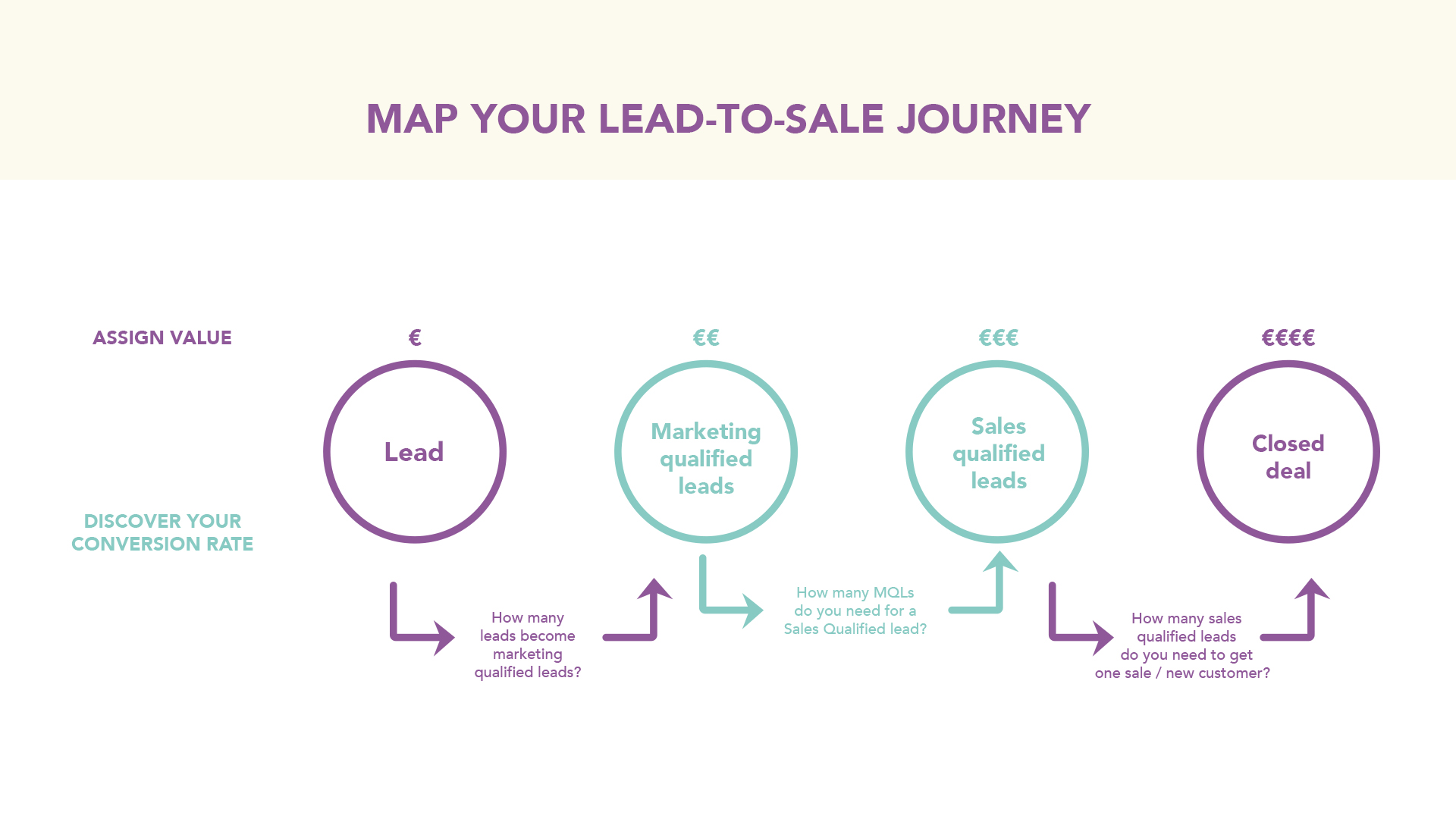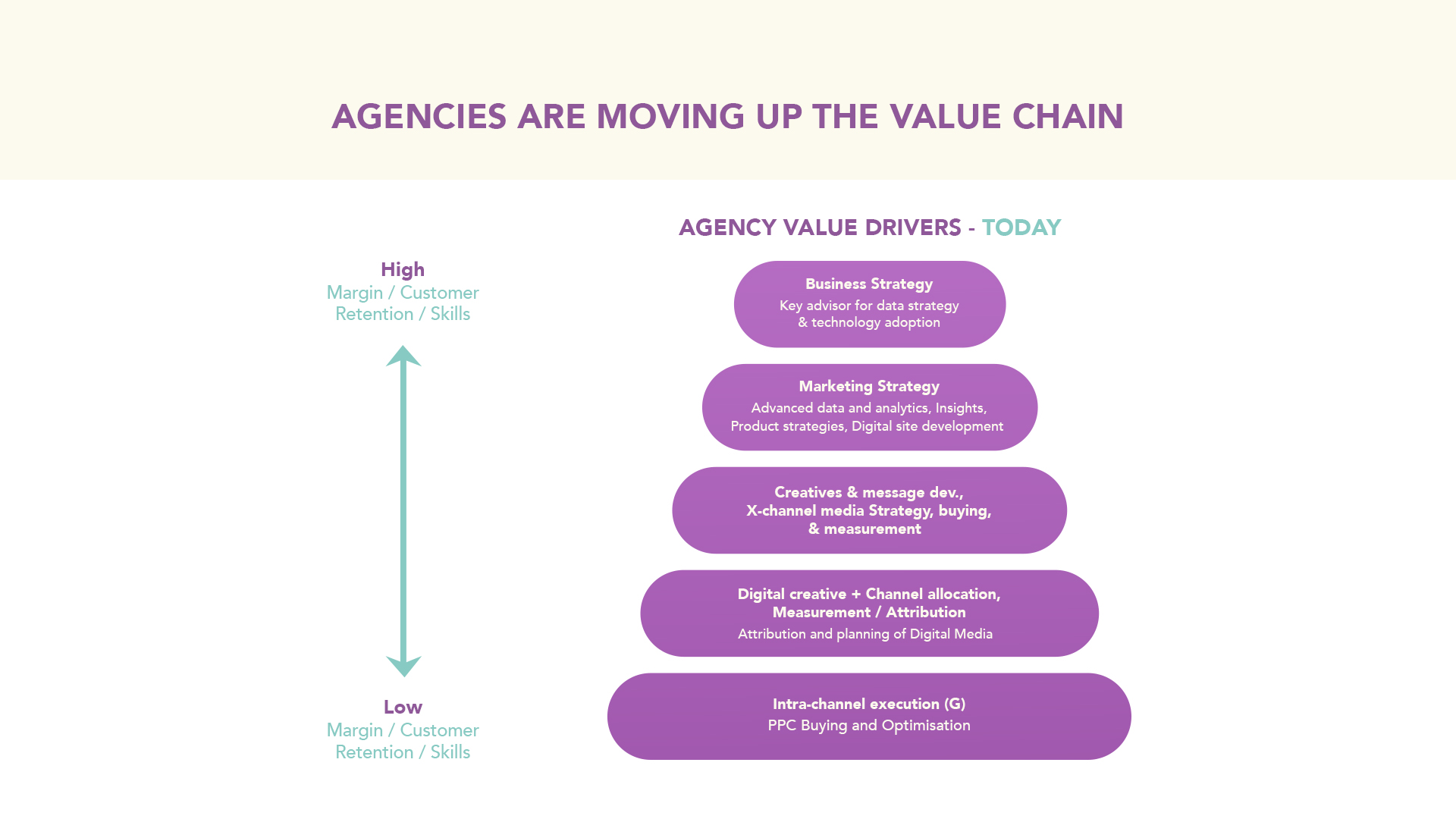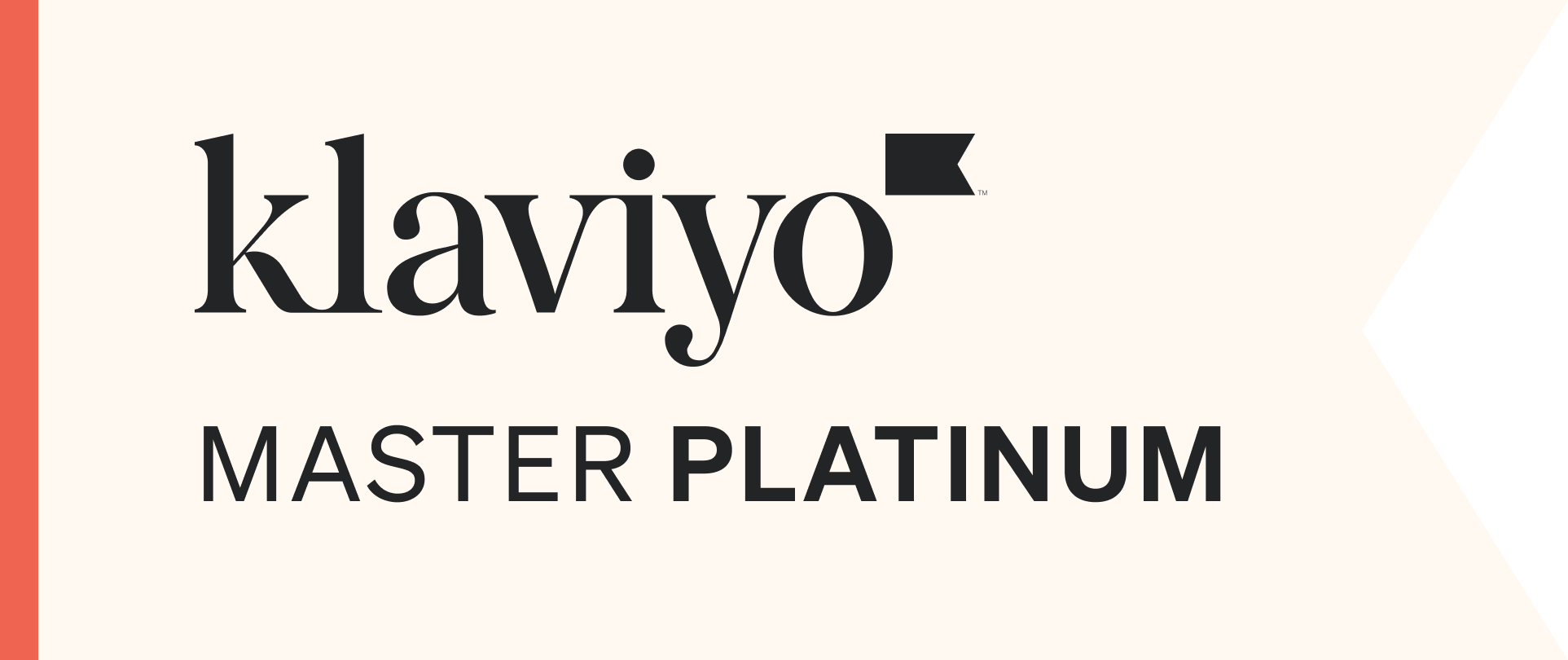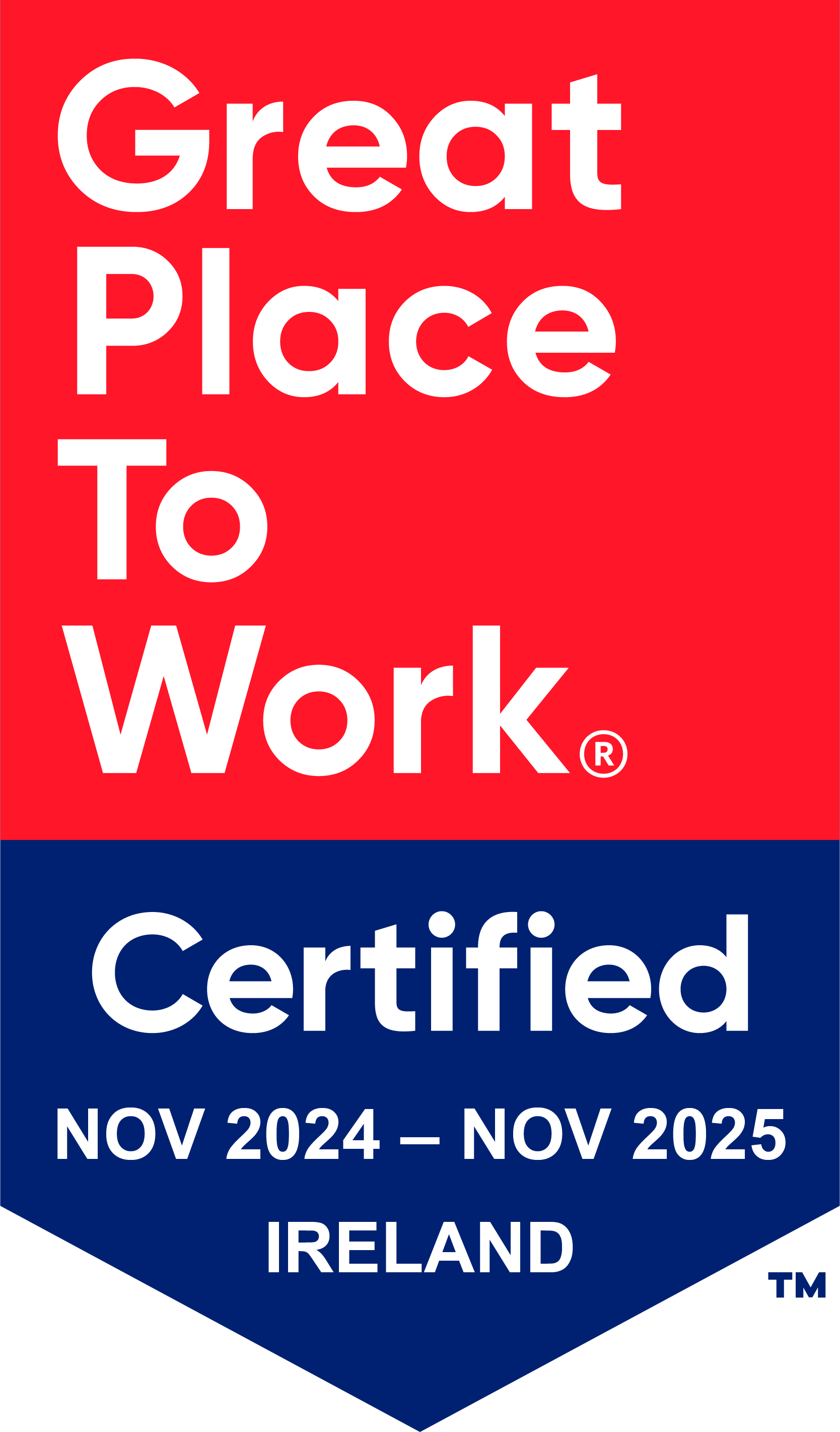By Kenia Gonzalez on 28 Sep 2022
From digital marketers to translators? Translating Business into Digital Marketing
The role of digital marketers is evolving as technologies advance. Some may argue that because there is now more and more automation in the management of campaigns, there isn’t much of a need for us. However, we believe that we're needed now more than ever.
In today’s digital marketing reality, we advertisers have evolved into business advisors and essentially translators, not because we speak different languages but because we need to translate what the business needs into metrics that the algorithms understand in order to make decisions that make “human” sense.
We can see this phenomenon more than ever with our lead-gen clients. Regardless of the industry, there is one question that always needs an answer:
"How can we profitably scale qualified leads?"
Lucky for you, we have developed a system that allows us to do just that.
Here’s a case study that takes you through this system in more detail. This case study looks at the progress of a client that was getting a massive amount of leads that were not translating into new business to a place where they were getting 238% more qualified leads at a 68% lower cost. Music to their MD, CFO and sales team’s ears.
So if you want to scale your qualified leads here are 3 steps to take:
1. If you are serious about growth, you need to know your metrics at every step of the digital marketing/sales funnel
Why? - This is the foundation of your new digital marketing strategy and informs the algorithm that not all leads are equally important. Some of them translate to business while others just consume time and resources from your sales team.
Some of the questions that your digital partner should be asking are:
-
Where do your leads come from (e.g. calls, website forms, chatbot, etc.)? - This will allow them to allocate budget and optimise towards the areas that you know your team convert better.
-
How many leads become qualified leads? - This is critical information to have as more leads don’t necessarily translate into more business. Your agency partner will need this figure to get a percentage to feed the machine and to track the quality of leads.
-
How many qualified leads do you need to get one sale/new customer? - This is important to know as ideally you would increase the number of qualified leads even if the number of overall leads doesn’t increase massively.
-
How much revenue and profit do you get per one sale/new customer on average? This will help to show profitability in the first year.
-
How long do you retain your customers on average? This will allow you to work out your Customer Lifetime Value (CLTV), which will help to show you the real profitability of your investment in the long term.
Also, do you see what happened there? At no point did we talk about conversion rate, ROAS or any other digital marketing metric. We translated what we need to feed the machine within a language that we all understand, value and money - your CEO and CFO’s dream!

Now that the machine knows your business, how will you measure results?
2. Invest in a CRM that can be linked to your main digital marketing platforms (i.e. Google Ads, LinkedIn, Facebook, etc.)
Why? - Digital marketing is only a tool to help you hit your business targets but it’s a tool that you need to pay for so you need to be wise with your budgets. Essential to doing that is knowing what parts of your digital marketing are contributing the most qualified leads and which parts are not using the budget efficiently.
By linking your CRM with your digital platforms you can see which keywords & audiences generate the highest volume of leads but also which ones generate the most qualified leads and sales. This can be achieved by sharing a unique identifier from your digital marketing campaigns in a specific field within the lead info in your CRM. If you are a small business there are a few hacks you can do to track offline conversions without a CRM. Here’s a more technical deep dive into this tactic.
Now that the machine knows your business and can effectively measure results how will it scale them?
3. Use the latest automations, like Google smart bidding, after you have the first two steps nailed down. Here is where you need a good “translator” to help out.
Why? - A good digital marketer will help you to set up your digital campaigns with your final business goal in mind and give different values to each step of your marketing/sales funnel so the machine can identify which individuals are more likely to convert for the actions that matter the most to you OR in which order to increase the likelihood of closing the sale.
We are moving away from keyword-based targeting. Google Ads automation uses machine learning to identify potential customers for your goals and serve the most appropriate ad, at the optimal bid, to maximise campaign performance and deliver the highest probability of meeting your business goals in real-time.
But remember that the decisions it will make are only as good as the data we we give it and your digital marketing partner needs to be thinking about this from the get-go.
The role of digital marketers and agencies is evolving. Agencies are moving up the value chain and becoming key advisors for data strategy and technology adoption.
 A great digital partner should be as excited as you are for your business and talk in a language that you can easily communicate back to the board. At the end of the day, it’s all about delivering exceptional digital marketing that drives extraordinary business growth.
A great digital partner should be as excited as you are for your business and talk in a language that you can easily communicate back to the board. At the end of the day, it’s all about delivering exceptional digital marketing that drives extraordinary business growth.
If you're interested in discussing how we can improve the results of your marketing campaigns, we're here to talk.








